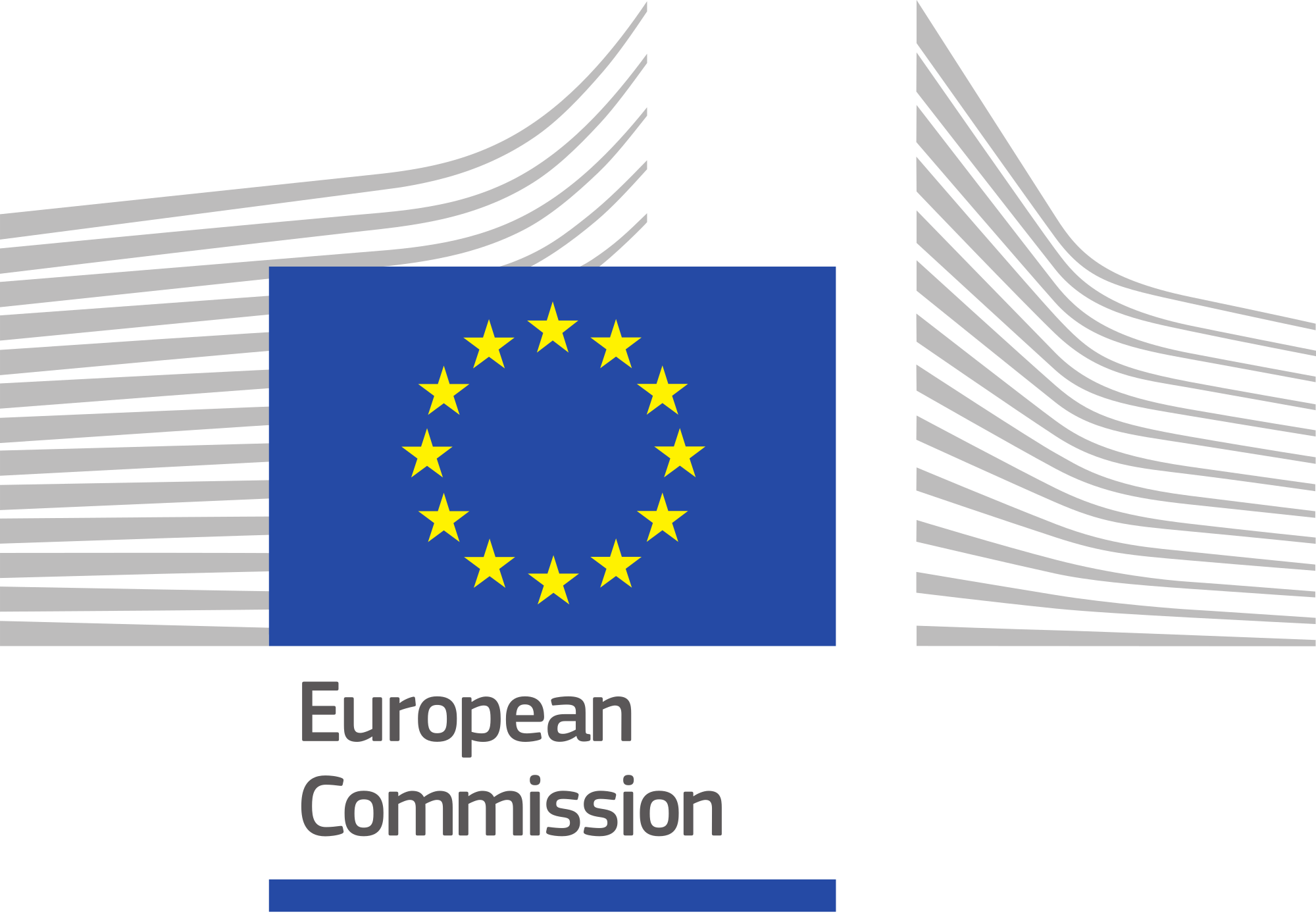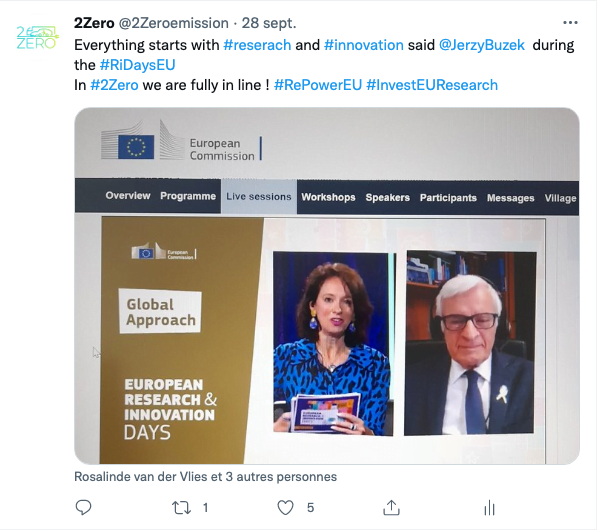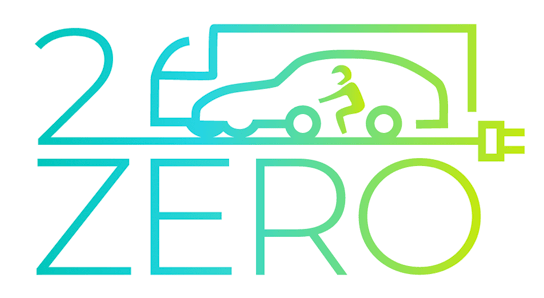Output from the online WS “Supporting innovations in road transport”

At last week’s online workshop “Supporting innovations in road transport: Horizon Europe and its synergies with other EU programmes” (4th October 2022), our chairman, Stephan Neugebauer, gave a brief presentation of the 2Zero partnership with its objectives and aims, aligned with the EU Green Deal (carbon neutrality by 2050). Stephan stressed that the partnership focuses on zero-tailpipe solutions with a system approach and works on pre-competitive research activities.
Thanks to the development of a system approach, the partnership acts as an essential tool to facilitate collaboration among sectors e.g.:
-
- Charging infrastructures and vehicle development should go hand in hand;
- Usage models should be properly considered to ensure end users’ acceptance;
- The value chains should be integrated for a successful transition at the EU level, guaranteeing European competitiveness and leadership.

During the R&I Days, MEP Jerzy Buzek said, “everything starts with research and innovation”. Indeed, research & innovation are key to remaining at the forefront of the global competition: the automotive sector is investing massively in R&D in Europe and is committed to continuing to do so to achieve the partnerships’ objectives. While the 2Zero partnership is focusing on pre-competitive research and innovation, other funding support opportunities are needed to ensure that innovations developed in 2Zero projects find their ways onto the market.
The workshop, co-organised with the European Commission and CCAM partnership, gave an overview of funding instruments available at EU level which can support different stakeholders (from large companies to start-ups) in crossing the last steps before market uptake. Among the many funding opportunities presented during the workshop, the Connecting Europe Facility (CEF) for Transport and the Alternative Fuels Infrastructure Facility (AFIF) will probably play a key role in supporting the deployment of the essential recharging infrastructure. The European Investment Bank (EIB), the Digital Europe Programme, the Innovation Fund and the EIT Urban mobility will certainly offer interesting opportunities to complement support from Horizon Europe, while the European Innovation Council (EIC) could be an interesting tool to involve new players joining with a different perspective.
As a pre-requisite to the deployment and scaling up of innovative road transport solutions, the proper framework conditions should be in place. The scope of co-programmed partnerships is limited, and a lot needs to be in place to ensure the uptake of innovations, i.e. in 2Zero, the recharging infrastructure should also be available to accelerate the uptake of zero tailpipe emission vehicles: this is partly covered by the Alternative fuels infrastructure (AFIR) already, but more will need to be done.
You can now access workshop presentations:
- EU funding opportunities for innovative road transport solutions & examples of scaled-up technologies (CINEA)
- Digital Europe programme and the common European mobility data space (Zoe de Linde, deputy Head of Unit CNECT.E4 Internet of Things European Commission)
- EIB: Activities to Support Technological Innovation in Road Transportation (Juan Magaña-Campos, IDFA, Operations Directorate & Stephane Petti, Projects Directorate)
- EIC Accelerator: Supporting innovations in road transport (European Innovation Council)
- EIT Urban Mobility: Mobility for more liveable urban spaces (EIT)
and watch the replay.
